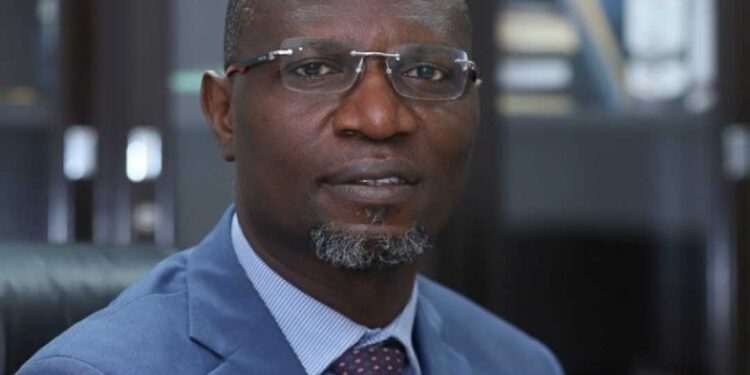The Nigerian Securities and Exchange Commission (SEC) has launched a new program aimed at speeding up the registration process of Virtual Assets Service Providers (VASP).
According to the regulatory body, the new program will serve as an amendment to existing rules and is targeted at improving the current regulatory framework to fit the existing complexities of the crypto industry in the country.
In March, the Nigerian SEC announced steep changes to its Rules on Digital Assets Issuance, Offering Platforms, Exchange, and Custody. The most significant aspect of the change was the increase in registration fees of VASPs from 30 million naira ($20,161) to 150 million ($100,806) which raised much criticism and speculation because of the potential to reduce business participation.
The latest adjustment was announced in a memo on June 21 unveiling a specific amendment to these VASP registration rules which introduces the Accelerated Regulatory Incubation Program (ARIP).
The new program which is expected to last for 30 days creates a window of opportunity for all “operating and prospective” VASPs in Nigeria to speedily complete all requirements thus ensuring full compliance across board.
The commission mandated all active and existing VASPs in the country to head to the SEC ePortal to commence the Accelerated Regulatory Incubation Program.
All defaulting VASPs are liable to prosecution by the nation’s regulatory body.
The new initiative is another brainchild of SEC Chief Emomotimi Agama who rode into office with a crypto-friendly reputation but his actions and initiatives since entering office have resonated wrongly on the stakeholders in the Nigerian crypto space.
One of his loudest Anti- crypto policies occurred in May when the SEC chief led an onslaught on the listing of the Naira on various crypto exchanges. The SEC chief argued that Peer-to-peer trading of the naira on crypto exchanges is responsible for the devaluation of Nigeria’s local currency.
The onslaught led to several crypto exchanges like Binance and Kucoin delisting Naira from their platform.
The SEC’s body language so far reflects a stringent approach to regulating cryptocurrency and its entities in Nigeria. In December 2023, the Central Bank of Nigeria lifted its two-year prohibition on banks operating accounts for VASPs in a bid to embrace a more friendly regulatory approach towards cryptocurrencies rather than banning them outright.
Despite this positive move, Microfinance banks remained banned from facilitating crypto transactions. This development coupled with the hike in registration fees and the latest ARIP program suggests that the SEC is bent on upholding very strict regulatory measures for the crypto industry in Nigeria.
What to know
- Nigeria is among the countries with very high and fast crypto adoption. Over 22 million people (10.3%) of the population are active crypto owners.
- The crackdown on peer-to-peer naira trading by the Nigerian SEC resulted in Binance and Kucoin delisting the naira from its platform.
- The Nigerian authorities and Binance limited, the largest crypto exchange in the world are currently amid a spat that led to the detention of a Binance executive in a Nigerian prison. The spat between both groups has made the headlines in most top news outlets.





















